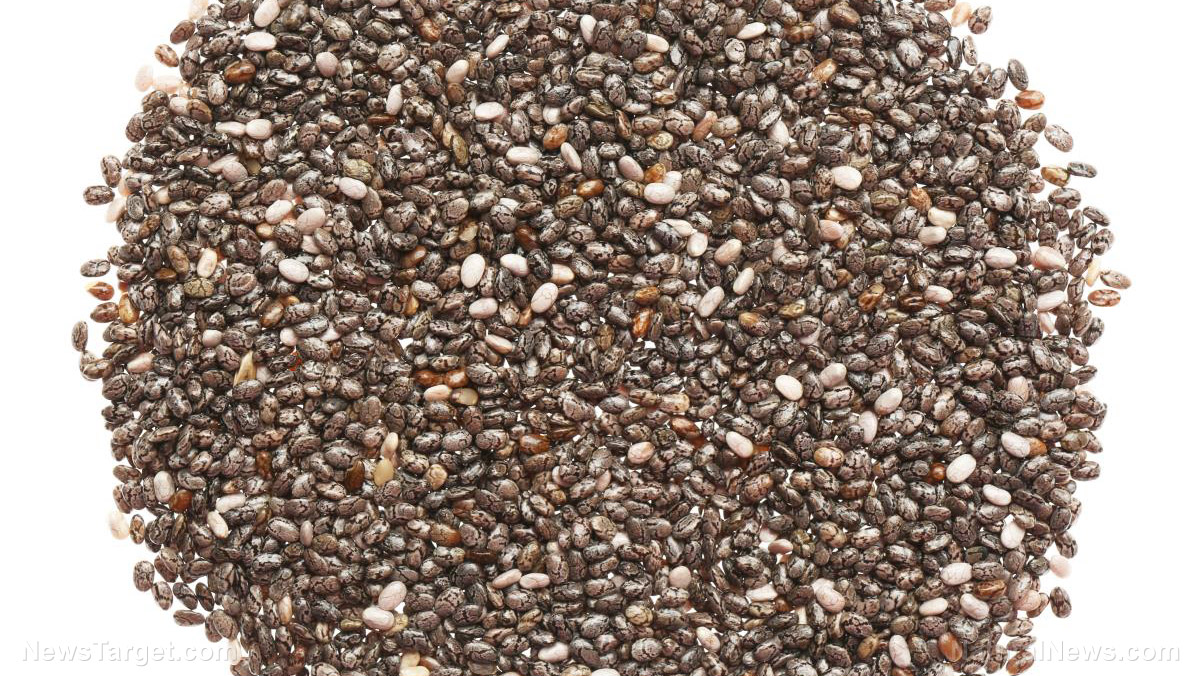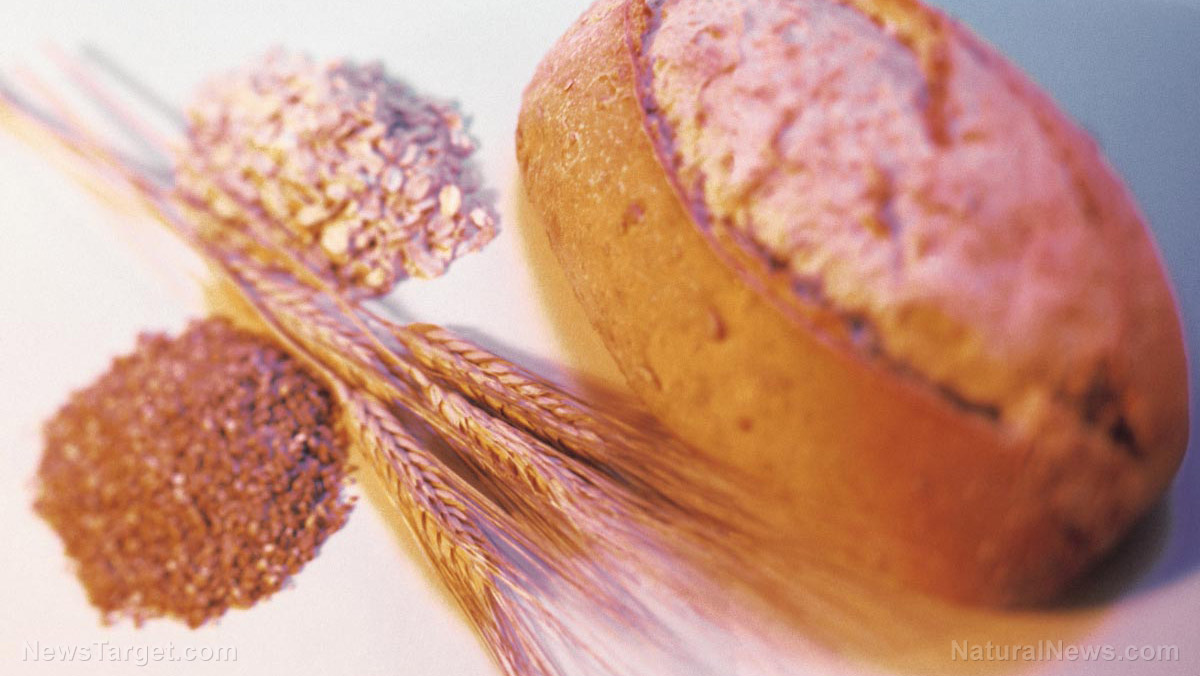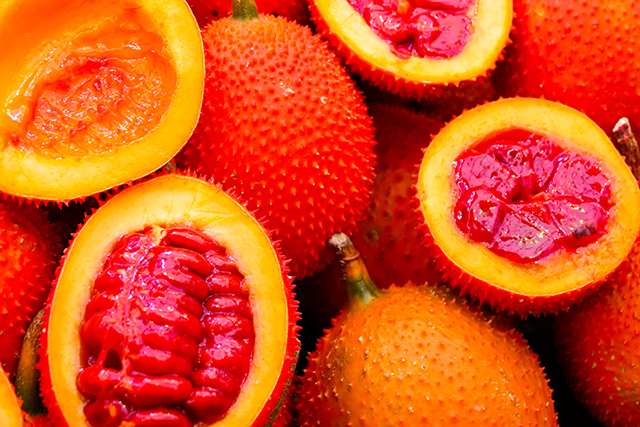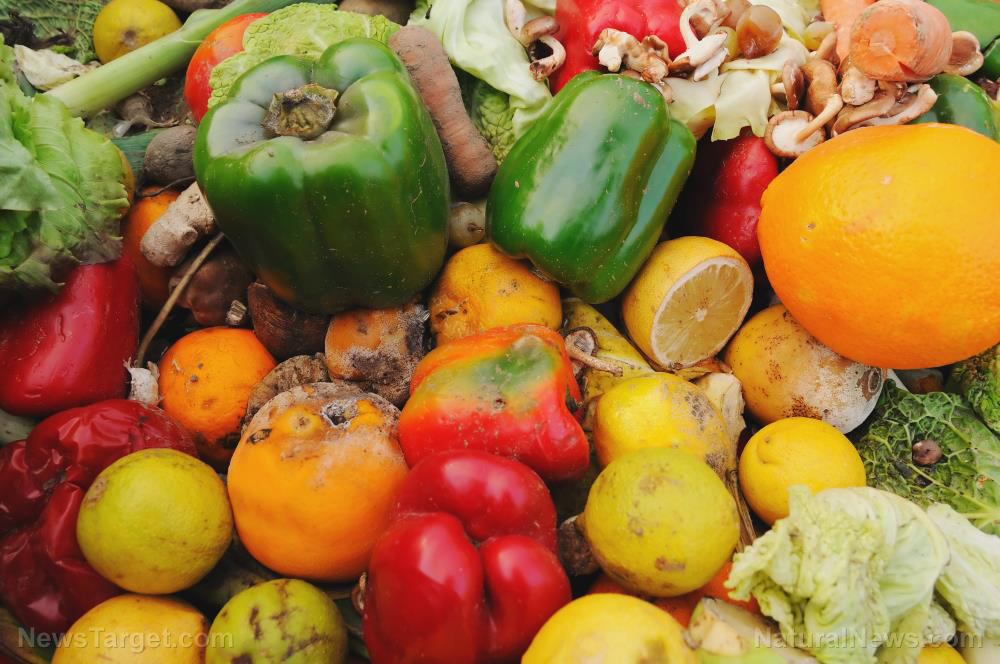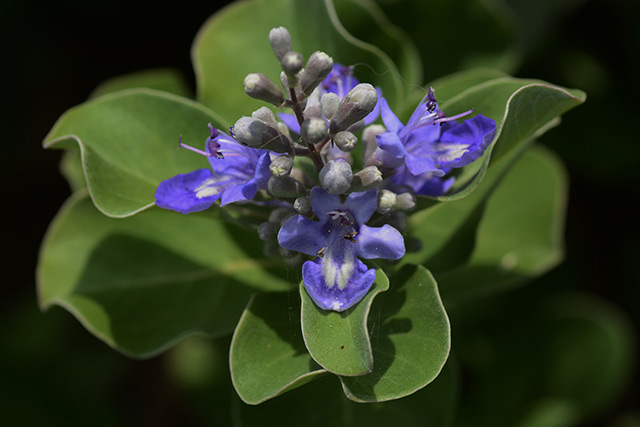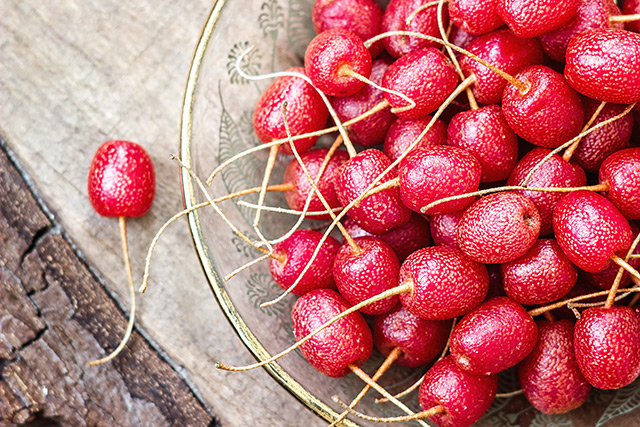Toxic foods that may be triggering early puberty in girls
05/09/2019 / By Michelle Simmons

Puberty in girls typically starts between the ages of eight and 13 and ends around the age of 14. However, some girls today are reaching puberty at an earlier. According to studies, consumption of toxic foods is the reason behind this. Commonly consumed toxic foods that can cause early puberty include caffeinated drinks, artificially-sweetened and sugar-sweetened beverages, and high-sodium foods.
A study published in The American Journal of Clinical Nutrition reported that high consumption of caffeinated soft drinks is one of the reasons behind early onset puberty in girls. Researchers observed 1,988 American girls for 10 years and looked at prospective associations between early menstruation and the consumption of artificially-sweetened soft drinks, caffeinated sugar, and non-caffeinated sugar. In addition, they investigated the association between early onset puberty and consumption of caffeine, aspartame, fructose, and sucrose. The results of their study revealed that intake of caffeinated and artificially-sweetened beverages with aspartame was associated with the risk of early puberty in girls.
Another study, which was published in the journal Human Reproduction, discovered that the consumption of sugar-sweetened beverages is linked to early menstruation in girls. Researchers involved with the prospective cohort study called The Growing up Today Study observed 5,583 American girls aged between nine and 14. They looked at the girls’ consumption of non-carbonated fruit drinks, sugar-sweetened soda, and iced tea. The results showed that girls who drank more sugar-sweetened beverages started menstruating early. In addition, girls who reported consuming more than 1.5 servings each day had a 24 percent increased risk of early puberty compared with those who drank less than two sugar-sweetened beverages per week. (Related: Early Puberty in American Girls is Likely Caused by Diet.)
Eating too much salt also linked to early puberty in girls
High salt intake may also trigger early puberty. According to researchers from the University of Wyoming, a high-salt diet like the Western diet may cause puberty through three mechanisms which are not mutually exclusive:
- One possible mechanism is the activation by high salt of a hormone called neurokinin B, which is involved in both the reproduction axis and salt regulation.
- Another mechanism involves high salt triggering the release of a hormone known as vasopressin, which promotes gonadotropin-releasing hormone and subsequently luteinizing hormone secretion. This promotes ovulation and corpus luteum formation.
- A third possible mechanism is the induction by salt of metabolic changes that affect the reproductive axis.
The health risks of early puberty in girls
Early puberty in girls can result in health problems later in life. One example of these is depression. A study published in the journal Pediatrics assessed data from the National Longitudinal Study of Adolescent Health, which followed and observed about 8,000 women for 14 years. The researchers involved with the study found that girls who experienced menarche earlier than usual had higher odds of experiencing depressive symptoms and exhibiting antisocial behaviors as adolescents and as young adults.
Early puberty in girls can also increase the risk of obesity. Another study, which was published in the International Journal of Obesity, found that girls who have their first period early tend to have a higher body mass index (BMI). This means they also have a higher chance of becoming overweight or obese as adults.
To avoid the dangers of early puberty, young girls should be limited in their intake of caffeine, aspartame, sugar-sweetened beverages, and salt. They should be fed a healthy, organic diet that includes probiotic foods and supplements. In addition, they should be kept away from chemical additives, genetically modified foods, hormone- and antibiotic-induced meat proteins, and environmental pollutants.
Sources include:
Tagged Under: artificial sweeteners, aspartame, caffeine, children's health, diet, early puberty, girls, high salt diet, puberty, research, salt, sugar-sweetened beverages, toxic foods, toxic ingredients, western diet



